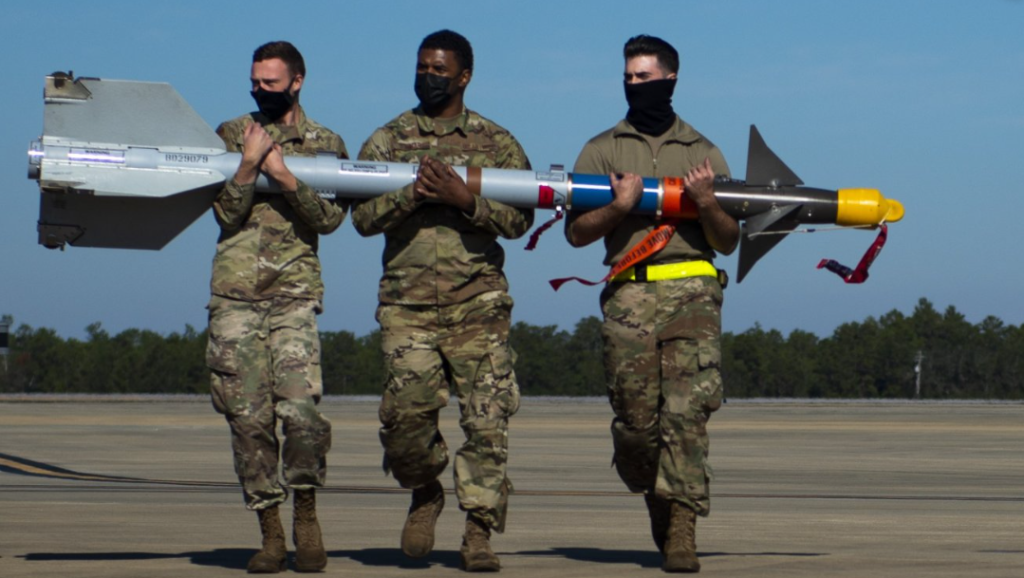Others are reading now
In an impressive display of ingenuity and resourcefulness, Ukraine is actively transforming American AIM-9 Sidewinder missiles, initially designed for F-16 fighter jets, into effective surface-to-air missiles for impromptu air defense.
This initiative emerges as a direct response to Russia’s continued assaults on various Ukrainian cities, situated far from the ongoing front line conflicts.
Both Financial Times and Defense Express are currently reporting on this pivotal development, with a high-ranking Ukrainian official confirming the breakthrough to Financial Times.
The American-supplied AIM-9 Sidewinder missiles were originally in a non-functional state upon delivery. However, Ukrainian engineers have skillfully repaired them and devised a novel method to facilitate their launch from ground level, thereby creating an innovative form of air defense.
Also read
“The missiles we received were non-operational… We managed to fix them and discovered a way to launch them from the ground, establishing a sort of improvised air defense system,” the senior Ukrainian official revealed.
Vital missiles
With winter on the horizon, the threat of escalated Russian attacks targeting Ukraine’s energy infrastructure looms large.
In this context, the converted missiles are poised to play a vital role in bolstering the country’s defensive capabilities. Nevertheless, the official highlighted that this makeshift solution is not a sustainable long-term strategy.
This project is part of Ukraine’s larger endeavor to repurpose old or surplus military equipment, transforming it into timely, effective weaponry. “We have developed a systematic approach where we take outdated equipment and repurpose it for our current needs,” the official elucidated.
The AIM-9 Sidewinder, developed in the mid-1950s by the United States, is one of the most mass-produced air-to-air missiles in history, with over 195,200 units manufactured to date.
Most of its variants are equipped with an infrared homing system, enabling them to track and engage enemy aircraft based on their heat emissions.


